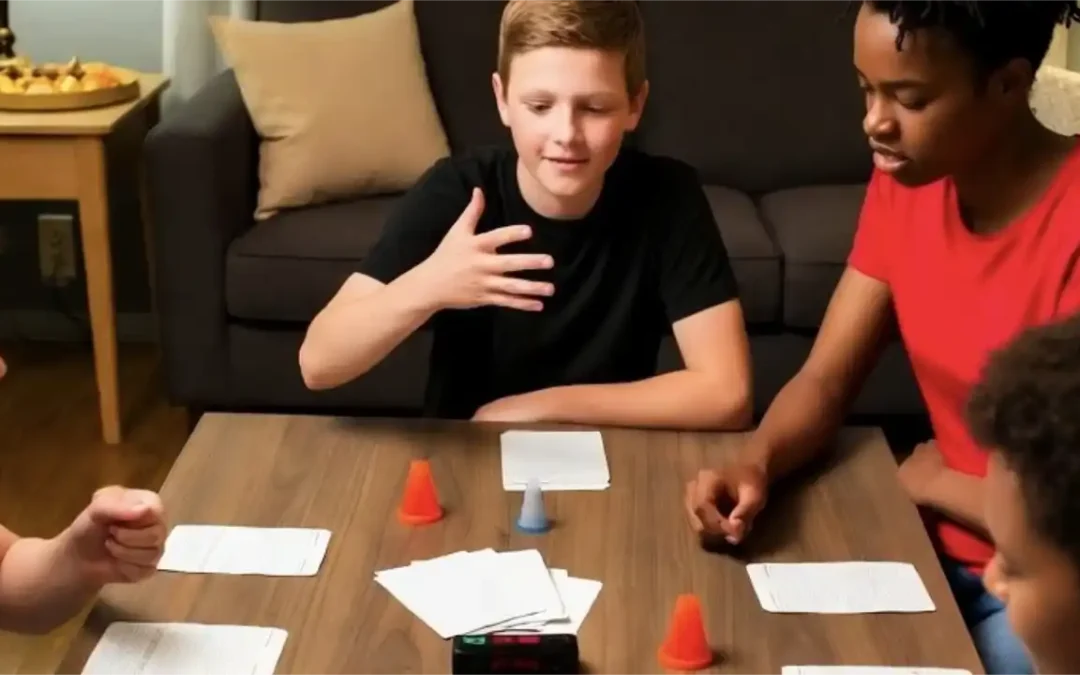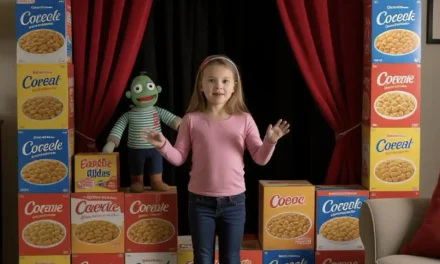
Supporting Group Learning: Study Together for Peer Teaching
S
tudying with peers turns review time into a shared effort—one that builds understanding and confidence on all sides. When children explain a concept to others, they reinforce their own knowledge and learn to adjust based on others’ needs. This kind of peer teaching also develops flexibility, patience, and leadership. A question like, “Can you help someone else understand this?” moves them from passive review to active collaboration—an essential shift for school and beyond.
One afternoon, my daughter and her friends prepared for a science quiz but kept getting stuck. I suggested they each take a topic to explain. As soon as they started teaching one another, their confusion faded. Later, she used the same method to lead a history review group, summarizing notes and quizzing classmates. She began to see that teaching wasn’t just about knowing answers—it was about connecting with others and building clarity together.
To build this habit, set up regular peer study sessions, even informally. Let your child take the lead on teaching a small topic or creating a quiz. You can even be the learner they teach. Keep a shared notebook for tracking what they explain and how others respond. Over time, they’ll not only master the material—they’ll grow into someone who can guide and inspire others.
Supporting Group Learning

Supporting Group Learning: Balance Rivalry and Teamwork in Quizzes
Quizzes can inspire fun, friendly competition. Learn to balance challenge and cooperation to support confidence and joyful learning.

Supporting Group Learning: Join Book Clubs for Peer Debates
Book clubs help children share ideas, listen deeply, and build reasoning. Encourage peer discussions that foster confidence and curiosity.
Table of contents

Primordial Soup for the Mind: Navigation
Navigate the book Primordial Soup for the Mind.
TIPS
- Let them teach you or a sibling a concept—they’ll learn more deeply.
- Record a short video of them explaining an idea.
- Use games or flash cards to quiz each other in both directions.
ACTIVITIES
- Teach Me Tuesday: Let them explain something they learned that week — 10 min
- Mini Lesson: Give them a whiteboard and a word to teach — 15 min
- Concept Swap: Pair siblings—each teaches the other a fact — 20 min
EXAMPLE
My daughter taught her brother how tides work. She now calls herself the “moon boss.”

Download “Primordial Soup for the Mind: A Parent’s Guide to Nurturing Intellectual Growth”
Enter your information to get this article and hundreds more as part of the FREE book Primordial Soup for the Mind.
Share your thoughts with the Thought Academy community in the Comments section below.

Sharpen those skills!
Enter your information to get our FREE practice exercises so you can hone your critical thinking and reasoning skills!







0 Comments